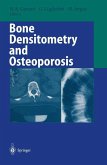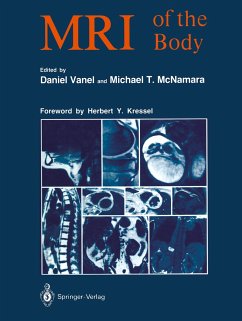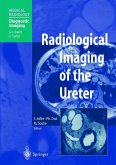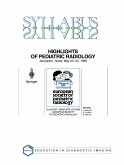Computerization of the radiological image (digitization, com puted tomography), the diagnostic contributions of ultra sonography, and the advent of magnetic resonance imaging all herald a new era in radiology. While this discipline retains its clinical nature, and continues to group together various specialities, the technical "common denominator" plays an increasingly important role, and requires a more global ap proach to the clinical problem. Centralization of state-of-the-art equipment in technical imaging centers - strategic points in future hospitals - will al low clinical radiologists to perform all of the examinations re quired for diagnosis and follow-up with a high degree of reli ability, under optimum security, and at the lowest possible cost. This is the right moment to publish this treatise, as we begin to apply this new approach to radiological studies. For purposes of clarity, the lymphomatous processes have been dealt with by anatomical location; more important, though, is the discussion of the multiple aspects of diagnosis, with particular emphasis on recent noninvasive modalities (characteristic visceral lesions ; analysis and characterization of the anatomical and tissue components of these lesions with the highest possible degree of precision; regional disease ex tension and anatomical features; information on concomitant regional involvement and distant sites), allowing selection of appropriate therapy and surveillance strategies.








